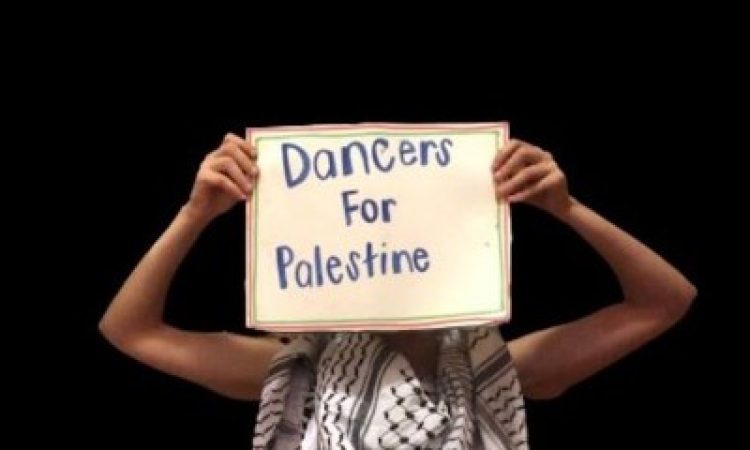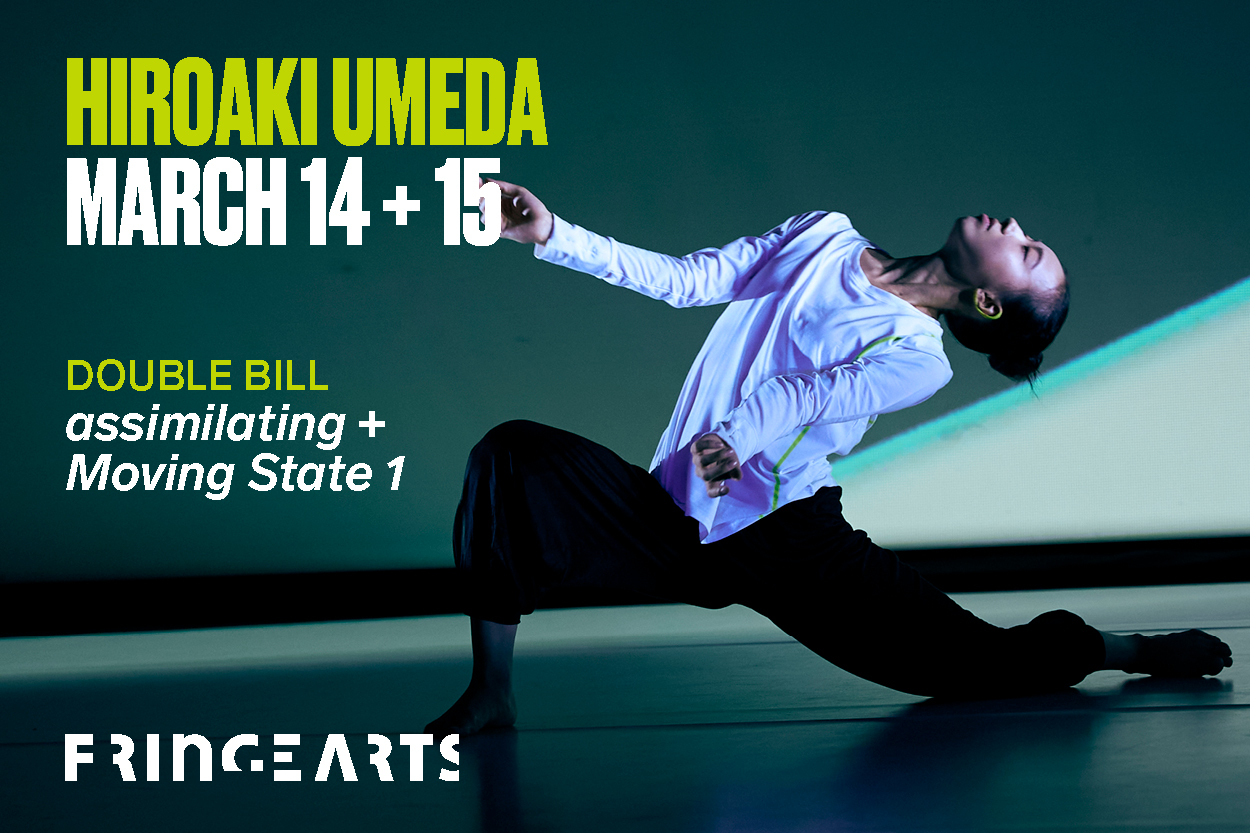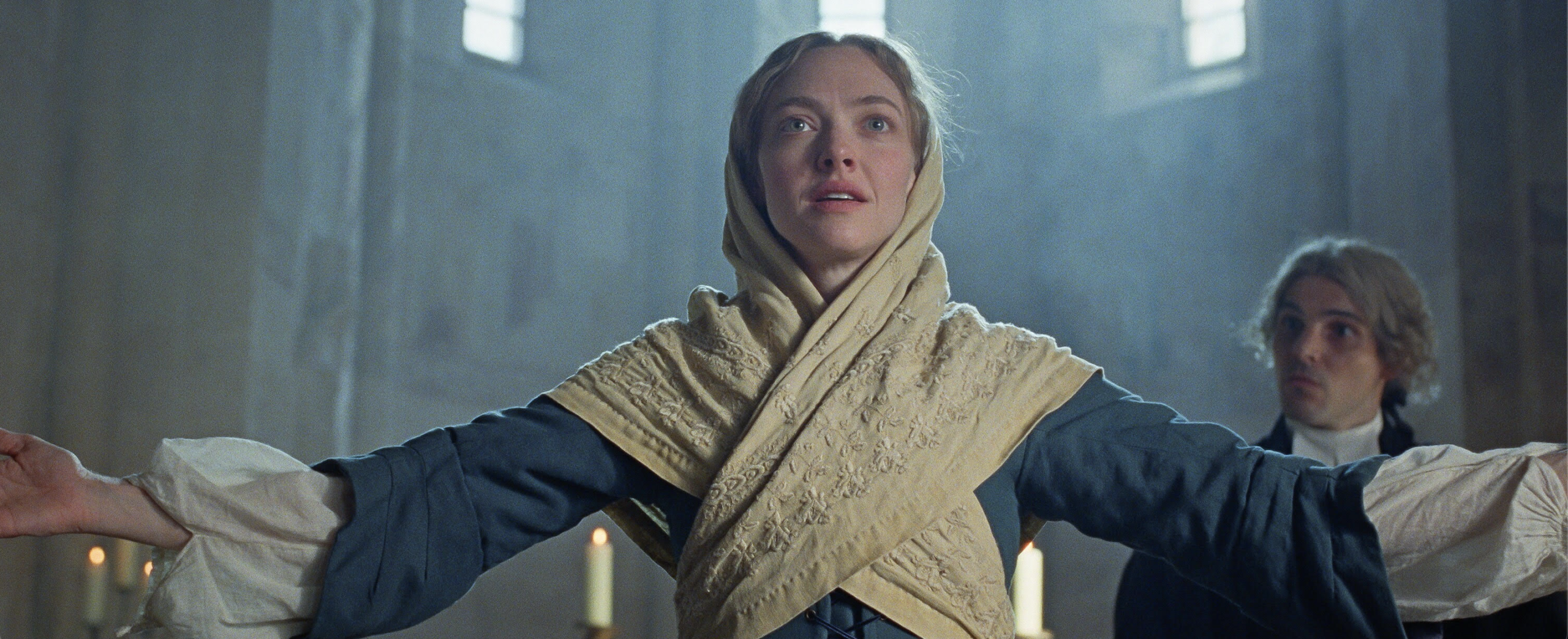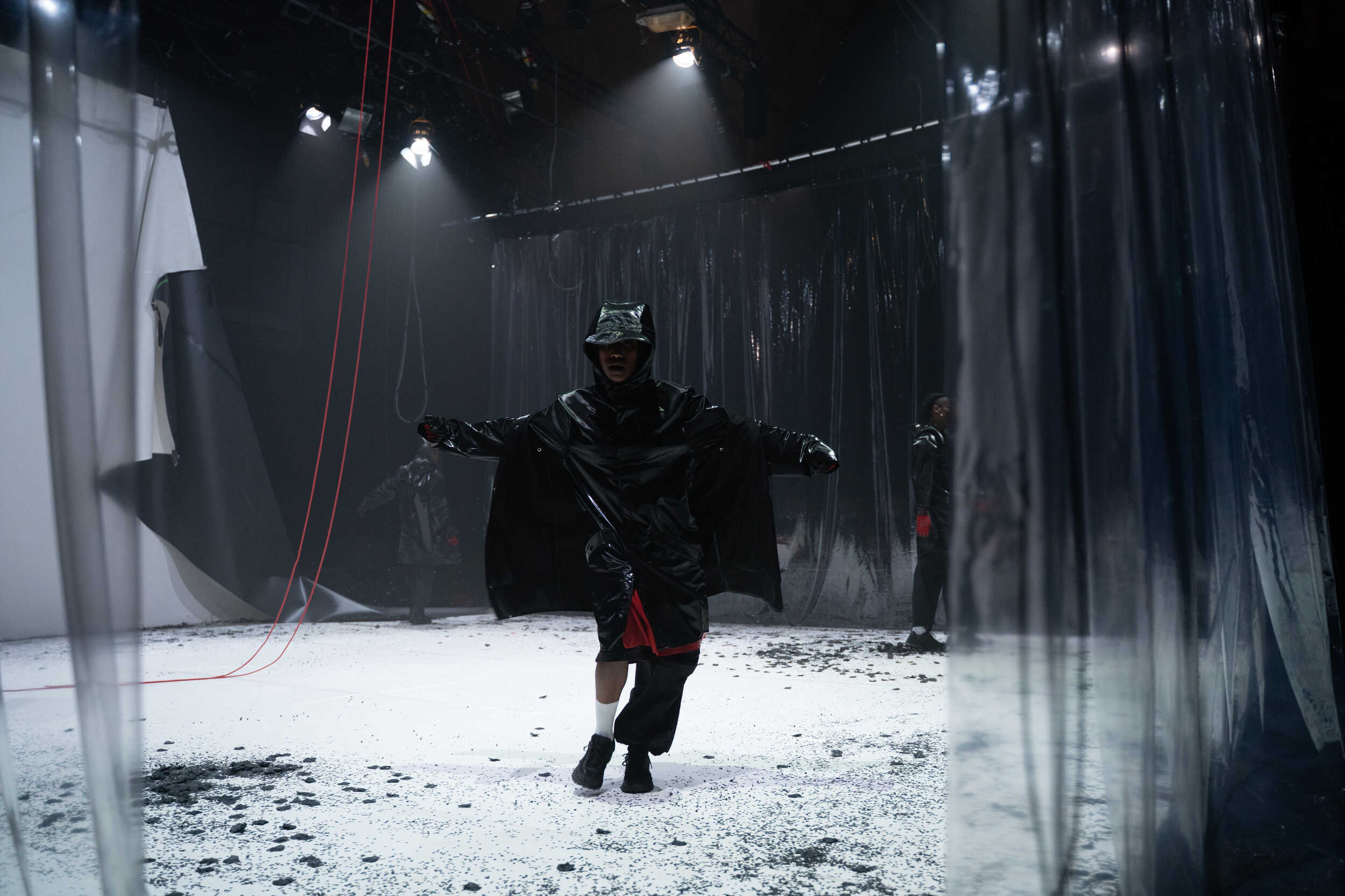Progressive contemporary dance spaces preach “-isms and -centric” bullshit under the guise of decolonization and decentering whiteness. We begin meetings with land acknowledgments without addressing how stripping indigenous people of their land is an ongoing, intersectional struggle that extends into Palestine. The American government repeats its transgressions toward indigenous people abroad through a fierce allyship with Israel, allowing the United States to control neighboring Arab nations, increase their access to oil, and advance their agenda at the expense of others. Israeli and American politicians effectively use the mechanisms of white supremacy and Zionism to intersect and inform each other.
As artists, our priority should be shifting narratives to resist oppressive regimes. Art is incomplete when the voices and embodied knowledge of indigenous voices are silenced. The world is listening to Palestinians, and it is time the dance community does the same. Part of an artist’s responsibility is to preserve and advance cultures by amplifying the voices of communities that may feel voiceless and speaking up when those voices are suppressed. When artists are quiet in moments like these, we are failing the people. Right now, we are failing the Palestinians. And while several dancers have spoken out about the apartheid in Palestine, we must all take greater action to pressure institutions and individuals to refuse apartheid while questioning the ethics of who and what they support. As a Lebanese-American, I grew up with a story of Palestine that began with “once upon a time” and “back in my day.” While I have yet to visit Palestine myself, I, like many people in the diaspora, was raised on stories and histories of a land once free.
However, upon increased escalation in the occupied state, it has become clear to me that many dancers non-indigenous to the region are unaware of what is going on in Palestine or unclear how we as a community can offer support. To understand what allyship or solidarity can entail from the dance community, I’ve outlined how we can stand with the Palestinians in a two-part series beginning with honoring our dancestry.
Respect the Dance and Its History
Honoring the dancestry is a multilayered process. Since Israel’s formation, the state has used cultural erasure as a genocidal tactic. In the dance world, this manifests itself as claiming Palestinian dances as Israeli, effectively destroying Palestinian history and relevance. Choosing to forget is a violent form of oppression, so recognizing erasure and paying proper homage to historical dances is critical to dismantling unjust mechanisms.
Such is the case for the dabke (a Levantine region dance that predates the conception of Israel), which is often mislabeled “Israeli” by propaganda efforts. The Israeli government appropriates this Palestinian dance of resistance and reclaims it as their own, eliminating the history and roots of the Palestinian people. In 2012, the modern dance world supported this erasure through the avid support of choreographer Zvi Gotheiner’s “Dabke.” In an interview, Israeli-born Gotheiner explained how he admittedly learned the dance from YouTube. Anyone with ancestry indigenous to the Levantine region can attest they dance the dabke as soon as they walk and do not need a Youtube tutorial. Nevertheless, ZviDance performed the piece, toured it throughout the US, and profited from it without acknowledging its origins. He discussed how the work builds bridges between Israelis and Arabs, noticeably touring internationally without visiting Western Asia (a less colonial/Eurocentric term for the Middle East) with the exception of Israel. He also created a curriculum so schools throughout the United States could adopt it. Up until several weeks ago (when it was suddenly removed), schools were indoctrinating students with a lesson plan that labeled the dabke an “Israeli dance.” On Monday, May 17th, I screen-shared this lesson plan in a dabke class to open up the conversation on erasure. During my next dabke class a couple of days later, the lesson plan had been rebranded as a general Levantine dance (plausibly in response to pro-Palestinian activists mobilizing on social media over the evictions in Sheikh Jarrah).
On the one hand, an improved version of the dance’s history is admired, even if prompted by social media activists. However, this change still sanitized the dance’s actual history and failed to address the damage it had already done.
Respect the Dancers and Their People
Respect for a culture extends into financially supporting the people whose dances you are learning and performing (especially dances of marginalized groups.) If a dancer specializes and profits from dances indigenous to a region, they should support that region financially, ancestrally, and ethically. In the case of Zvi, no Palestinians benefitted from the appropriation of their dance. When Zionists or well-intentioned but uninformed white folks decide to perform indigenous dances, ask them to represent it accurately with proper credence and support of the people from whom it originated. To ally with Palestinians, we must give appropriate credit to its heritage. Dancers, directors, and choreographers often feast on cultures or “play Arab” for western audiences. This telephone game of culture dilutes the product and erases its people when performed irresponsibly.
By respecting the dances and their people, we are keeping culture alive. By using them carelessly or supporting those who do, we are committing cultural genocide. In dance classes with movers who are non-indigenous or untrained in the genre, I tell them, “You are a guest, here! Respect this home or see yourself out.” As dancers, it is our duty to respect the sanctity of Palestinian culture by standing up to apartheid and raising our voices to demand that Palestinians receive the justice they deserve.






